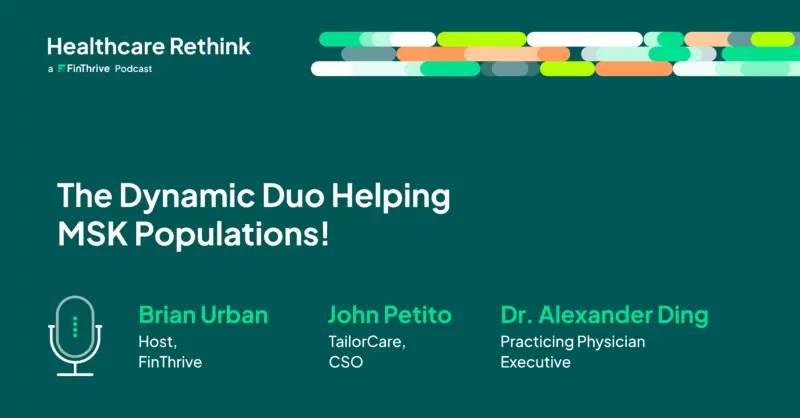Cadence’s RPM Transforms Healthcare Delivery for Patients and Providers
As healthcare continues to evolve, the need for efficient management of chronic diseases becomes more pressing. Remote patient monitoring (RPM) emerges as a crucial innovation in this landscape, offering a solution to the rising number of chronic disease cases and the subsequent strain on healthcare systems. A 2023 study found that 60% of American adults have at least one chronic condition, highlighting the urgency for effective management solutions.
Can remote patient monitoring revolutionize chronic disease management, and what are the tangible benefits for patients and healthcare providers?
In the latest episode of I Don’t Care with Dr. Kevin Stevenson, host Dr. Kevin Stevenson engages in a timely discussion with Dr. Ted Feldman, Chief Medical Officer of Cadence. The episode delves into the capabilities and impact of Cadence’s RPM technology, which partners with hospitals and health systems to enhance patient outcomes and alleviate clinician workload through advanced practice provider-led clinical care teams.
Key Points of Discussion:
- Seamless Integration: Cadence’s cellular-enabled RPM technology simplifies patient enrollment and data collection without the need for additional devices or applications.
- Effective Communication: Integration with major electronic medical records (EMRs) ensures that patient data is accessible to healthcare providers, enhancing treatment continuity and decision-making.
- Care Delivery Teams: Cadence attaches care delivery teams to RPM data, ensuring that patients receive guideline-directed medical therapy (GDMT) and ongoing monitoring, ultimately reducing hospital readmissions and improving clinical outcomes.
Dr. Ted Feldman has over 37 years of experience in interventional cardiology. His career includes pioneering work in percutaneous coronary interventions and significant contributions to clinical trials for chronic disease treatments. As the Chief Medical Officer of Cadence, Dr. Feldman leverages his extensive background to advance the use of technology in chronic disease management.



